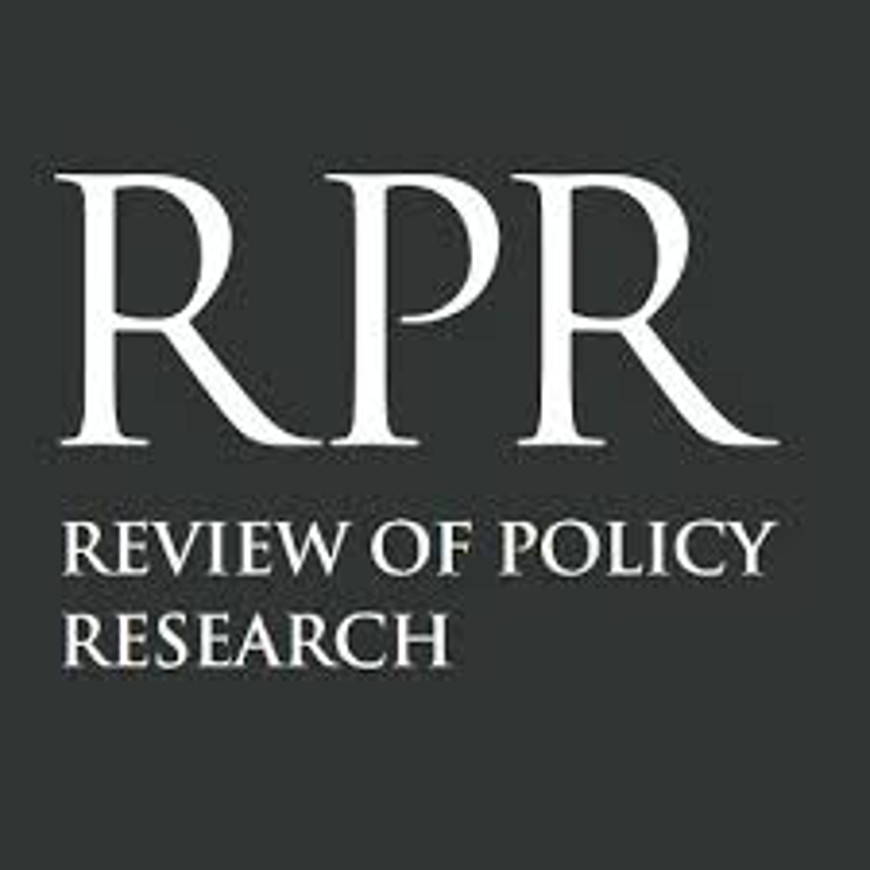New in Review of Policy Research: Schwarz & Behnke (2025): Urban sustainability commitment: actor constellations and motivations
2025/09/01

In recent years, cities have increasingly committed to sustainable urban development, even though this remains a voluntary task for them. This article investigates the reasons behind this commitment by focusing on local policymakers and their motivations, rather than viewing cities as unitary actors.
Drawing on concepts of pro-environmental behavior (PEB) from social psychology and insights into the specific role of local decision-makers, the authors develop a new analytical framework that distinguishes between the purpose and orientation of motivation. The framework assumes that the motivation of local policymakers to engage in sustainability can be shaped by values, expectations, social norms, or cost-benefit considerations, and may be directed either toward themselves as individuals or toward the city as a whole.
The validity of this framework was tested for the first time through 13 semi-structured interviews with municipal sustainability managers conducted in 2020 and 2021. The findings suggest that commitment to urban sustainability is influenced not only by rational cost-benefit calculations regarding re-election or reputational gains, but also to a large extent by individual values and a desire to meet the sustainability preferences of the urban population. Thus, sustainability engagement is not merely a matter of marketing or greenwashing, as is often claimed.
The article is available open access at: https://doi.org/10.1111/ropr.70017

